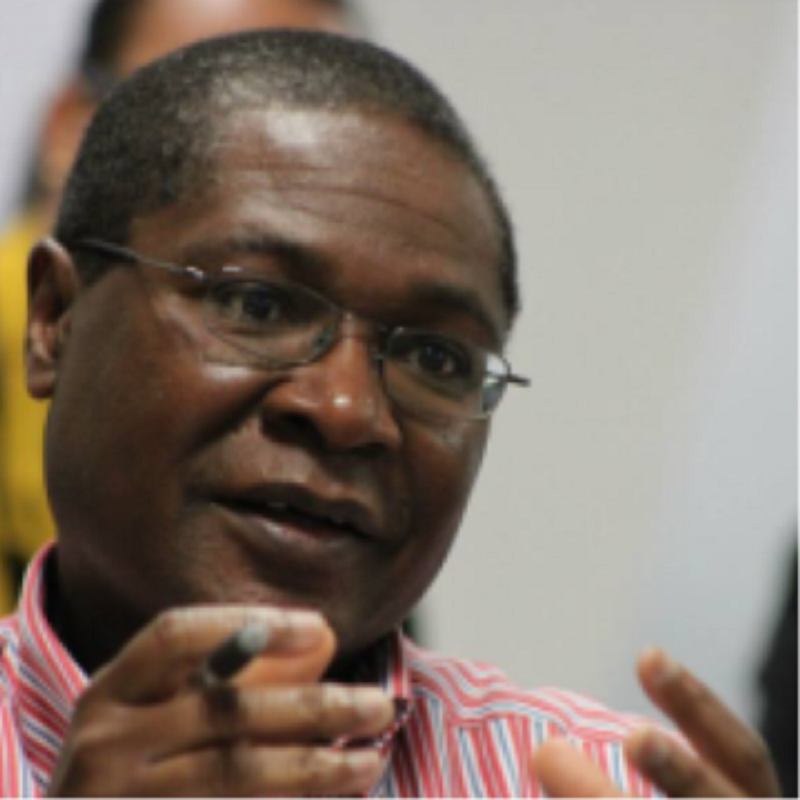For this year’s International Literacy Day, Islamic Relief’s senior policy advisor for poverty alleviation Dr Muhtari Aminu-Kano talks about the importance of education in Islam.
Ask someone what ‘literacy’ means, and the likelihood is they will think of basic reading, yet in 1978, the United Nations Educational, Scientific and Cultural Organisation (UNESCO) graduated from this limited definition to one of individuals using those basic skills to develop themselves and their community. They called it ‘functional literacy’.

Literacy might then begin with an understanding of the alphabet, but its end was about understanding, critiquing and changing society.
Against this holistic view of literacy, the current statistics of basic reading and writing seem rather grey. According to UNESCO’s latest Global Monitoring Report, for example, only 27 per cent of youths (those aged 15-24) in Niger will be able to read by the end of this year.
Nigeria, Pakistan and Afghanistan are the three countries in the world with the most out-of-school children. They account for 21 million of the 57 million out of the school children globally. It means more than a third of the world’s out of school children are in just three countries. Nigeria, Pakistan and Afghanistan have many things in common. They are all conflict affected. They are also predominately Muslim, and that means there is a way that these children could be reached. When authorities refer to children out of school, they are referring to formal education. Many of the children in Nigeria, Pakistan and Afghanistan go to Madrasahs, and investing in the capacity and facilities of Madrasahs could be a way for them to access education.
Since International Literacy Day was founded in 1965, the world has come a long way in increasing basic educational skills, but 50 years on, the reality is that in some parts of the world, the term ‘education’ represents the unobtainable. How can a generation develop its own society into something better if large numbers of them are denied an understanding of that society?
NGOs around the world implement a range of educational projects, and Islamic Relief Worldwide is no different.

In Somalia, for example, we’re improving access to education in the Benadir region. Ravaged by civil war since 1988, most of the school buildings in the region have either been destroyed or converted into other use, such as shelter for people who have been internally displaced. Our construction of a new primary school means every year 2,520 children will be able to access education. They will be given a chance to one day gain that functional literacy.
In Jordan, we’re working in Baqa’a refugee camp with Syrian and Palestinian children and their families. The camp was set up in the 1960s and has grown organically but with no planning and little space. The schools are so small that children are split into two shifts of half a day each. We found that of the orphans there that we sponsored, 19 per cent were out of education, citing finances, health or lack of attainment as reasons. Islamic Relief Worldwide designed a project using remedial classes, family awareness sessions, financial incentives for parents, extra-curricular activities, and learning through games and support to focus on children who had left school or were low academic achievers. Our focus in Baqa’a is reaching out to children who have already given up on life’s choices and giving them a chance for a happy life.
Islamic Relief Worldwide currently has around a dozen different education projects in several different parts of the world and our programmes are inspired by Islamic perspectives on education:
“Read! In the name of your Lord who created: He created man from a clinging form. Read! Your Lord is the Most Bountiful One who taught by [means of] the pen, who taught man what he did not know.” (Al-‘Alaq, 1-5)
When UNESCO announced its chosen theme for International Literacy Day 2015 was ‘literacy and sustainable societies’, it resonated with staff in field offices like Gaza, Mali, Ethiopia, Sudan and Tunisia – where we run some of our educational projects.
There are numerous passages in the Quran that talk about the importance of increasing our knowledge (ilm), and for Islamic Relief Worldwide, education has always been about sustainable development. We welcome any focus that sees education is part of a long-term plan; for us, the functional element of literacy has always been for justice and social equity.










